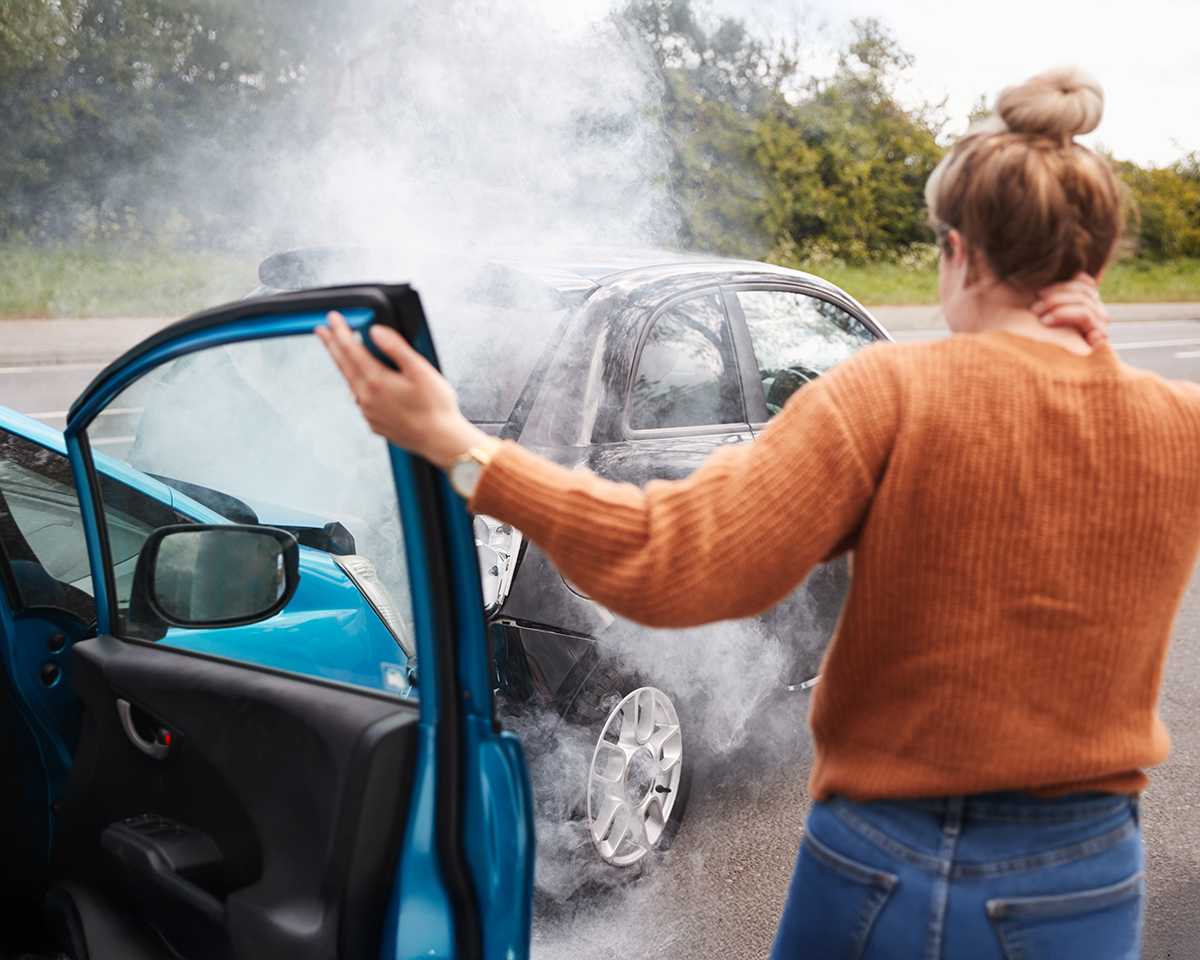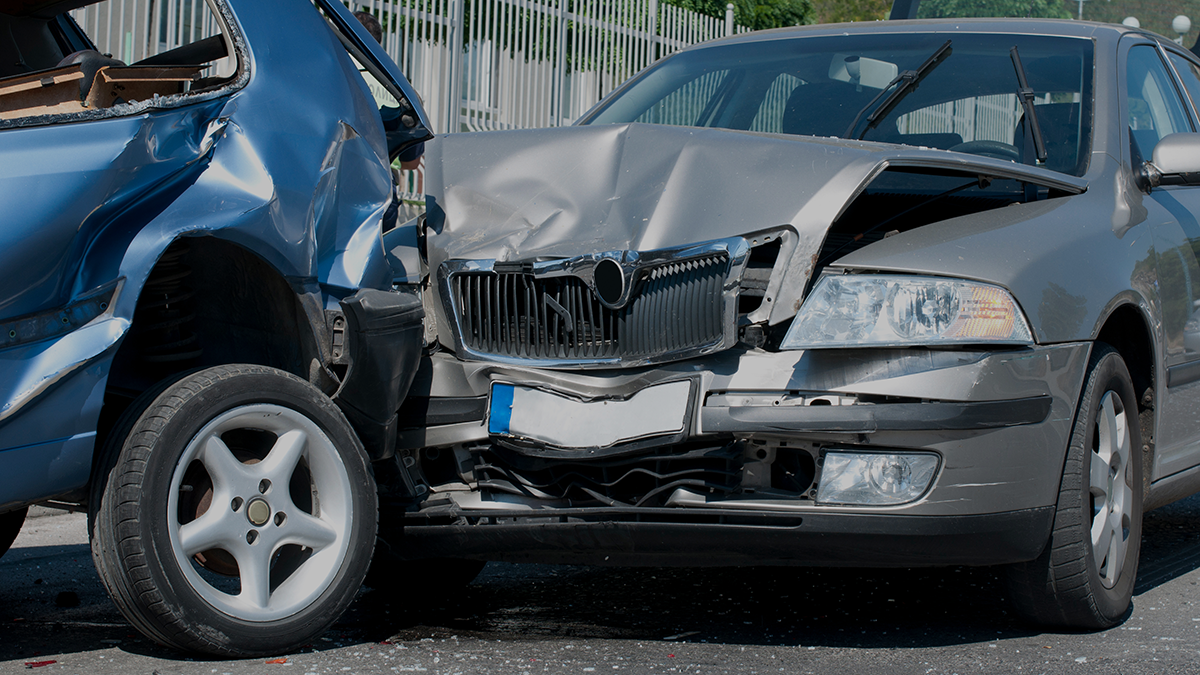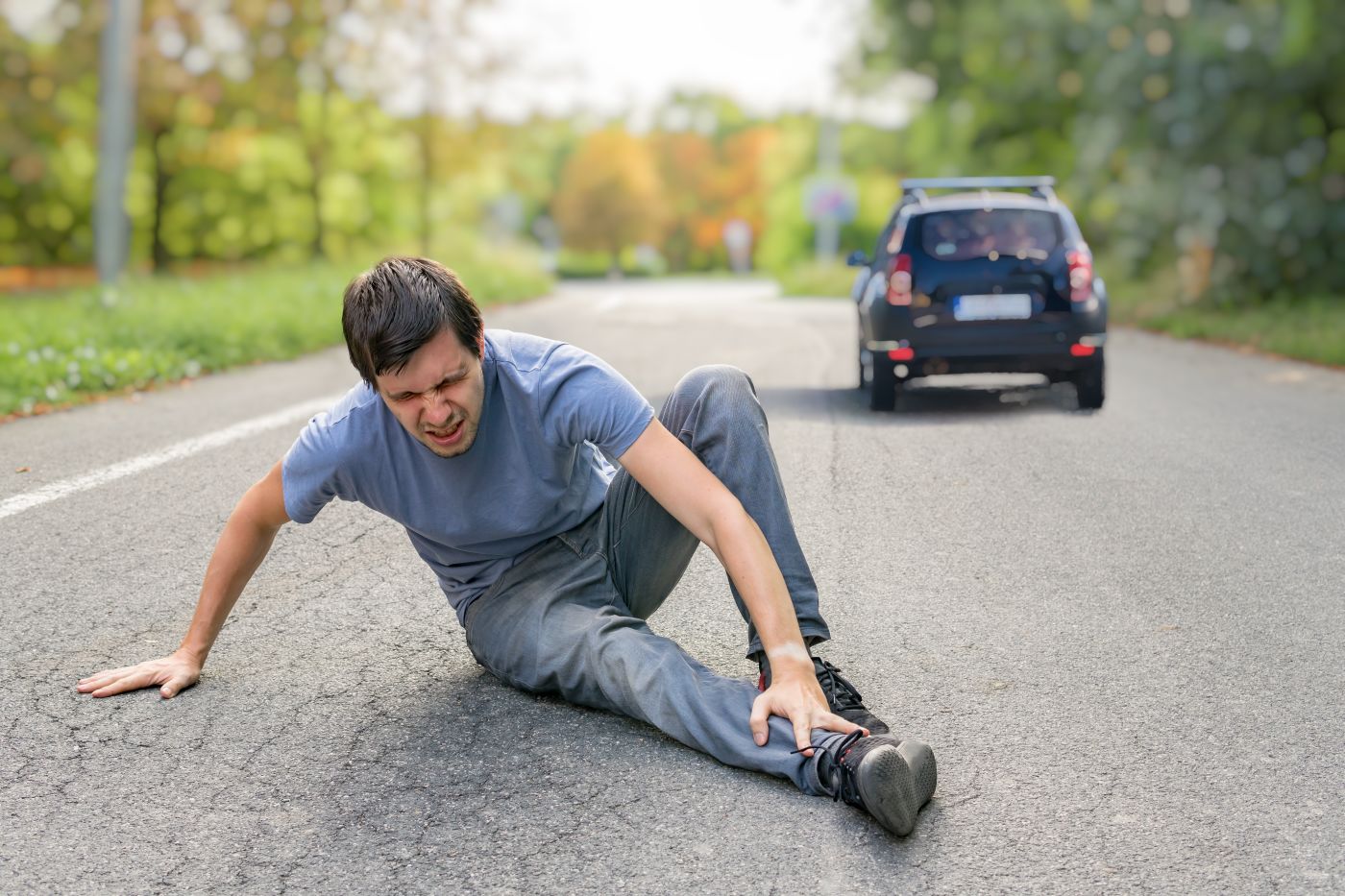Experiencing a truck accident can be a traumatic and overwhelming event. The chaos following a truck accident can cloud your judgment, making it challenging to think clearly.
Yet, amid the emotional turmoil, it becomes essential to prioritize gathering and protecting evidence that will support your case. This process isn't just about securing documents; it's about laying the groundwork for your recovery and future well-being.
Our attorneys at Diehl & Hubbell, LLC in Southwestern Ohio will discuss the vital steps you can take to make sure that you collect and safeguard evidence after a truck accident.
Understanding the Importance of Evidence
When it comes to truck accidents, evidence is your strongest ally. Properly collected evidence can help establish fault, clarify the circumstances of the accident, and support your claims for compensation. In the case of truck accidents, the evidence may include specifics that differ from typical car accidents, such as driver logs, maintenance records, and other regulatory documentation.
Types of Evidence to Gather
After a truck accident, you need to focus on collecting various types of evidence. Here are some key pieces of evidence you should aim to gather:
Police Reports: A police report is an official account of the accident. It typically includes essential details such as the time, date, and location of the accident, as well as any citations issued. Obtaining this report is crucial, as it can be a valuable piece of evidence in your case.
Witness Statements: Eyewitness accounts can provide unbiased perspectives on the events leading up to the accident. Gathering contact information from witnesses and asking them to provide a statement can bolster your case.
Photographic Evidence: Photos of the accident scene, vehicle damage, road conditions, and any visible injuries can be compelling evidence. If possible, you should take pictures from various angles and distances to capture the full context of the accident.
Driver Information: Collecting information about the truck driver, including their name, contact information, and insurance details, is essential. If the driver was employed by a trucking company, you should also obtain the company's name and contact information.
Truck Maintenance Records: Trucks require regular maintenance to make sure that they're safe for the road. If maintenance records are available, they can help determine if mechanical failure contributed to the accident.
Black Box Data: Many commercial trucks are equipped with electronic logging devices (ELDs) and event data recorders (EDRs), commonly referred to as "black boxes." These devices record data such as speed, braking, and acceleration. Requesting this data can provide critical insight into the moments leading up to the accident.
Medical Records: If you sustained injuries in the accident, documenting medical records and treatment plans is vital for establishing the extent of your injuries and the associated costs.
While you may not be able to collect all of this evidence (some of which may be best left up to your attorney), it can certainly help to collect what you can at the time.
How to Best Protect Evidence
Once you've gathered evidence, the next step is to protect it. Here are some strategies to make sure that your evidence remains intact:
Organize and Store Evidence: You should organize your evidence and store it securely. This can include creating a physical or digital folder to keep documents, photos, and witness statements organized and easily accessible.
Limit Social Media Activity: In the age of social media, it’s essential to limit your posts regarding the accident. Anything shared online can potentially be used against you in your case. Avoid discussing the accident on social media platforms until the case is resolved.
Consult an Attorney: Seeking legal counsel is one of the best ways to protect your evidence and strengthen your case. Our experienced truck accident attorneys at Diehl & Hubbell, LLC can guide you through the legal process and help assure that your evidence is handled correctly.
Preserve Vehicle Evidence: If your vehicle sustained damage, it’s essential to keep it in the same condition it was in after the accident. Avoid making repairs until your attorney advises you to do so, as this evidence can be crucial in determining fault.
Steps to Take Immediately After an Accident
In the moments following a truck accident, it’s essential to stay calm and take specific steps to gather evidence effectively:
Assure Safety: First and foremost, you should make sure that everyone involved in the accident is safe. If it's safe to do so, you should move vehicles out of the way of oncoming traffic to prevent further accidents.
Call Law Enforcement: Reporting the accident to law enforcement is crucial. They'll document the scene and create an official report, which can be beneficial for your case.
Collect Information: You should gather essential information from the truck driver and any witnesses. This includes names, phone numbers, addresses, and insurance details.
Take Photos: While at the scene, you should take photos of the vehicles, the accident scene, any visible injuries, and other relevant factors. Capturing the surroundings and the position of the vehicles can help paint a clearer picture of what occurred.
Seek Medical Attention: Even if you feel fine immediately after the accident, it’s wise to seek medical attention. Some injuries may not be immediately apparent, and medical documentation is critical for your case.
Understanding the Role of Insurance Companies
Insurance companies often play a significant role in the aftermath of truck and car accidents. They'll want to review the evidence collected to assess liability and determine compensation. Here are some considerations when dealing with insurance companies:
Provide Basic Information: You should share basic information about the accident with the insurance company, but it’s essential to avoid providing unnecessary details that could be used against you.
Keep Records: You must keep records of all communication with insurance companies, including dates, times, and the names of the representatives you speak with.
Avoid Settling Too Soon: Insurance companies may offer a settlement soon after the accident, but you should carefully consider whether this offer is sufficient to cover your expenses. Consulting an attorney before accepting any settlement is crucial.
The Importance of Legal Representation
Dealing the aftermath of a truck accident can be difficult and overwhelming. Engaging with the attorneys at Diehl & Hubbell, LLC assures that you have experienced advocates on your side.
Here’s how legal representation can benefit you:
Experience With Truck Accidents: Our attorneys understand the intricacies of truck accident cases, including regulations that govern trucking companies and drivers. This knowledge can be instrumental in building a strong case.
Negotiation Skills: Negotiating with insurance companies can be challenging. Our attorneys have the experience necessary to negotiate effectively on your behalf.
Litigation Support: If your case goes to trial, having experienced attorneys by your side can provide peace of mind. You can rely on our experience to present your case effectively in court.
Emotional Support: The aftermath of a truck accident can be emotionally draining. Our attorneys offer support and guidance throughout the process, helping you stay focused on your recovery.
Gathering and protecting evidence after a truck accident is vital. By taking the right steps and collaborating with experienced attorneys, you can effectively work through your case.
Contact a Truck Accident Attorney
If you’ve been involved in a truck accident in Southwestern Ohio, including Warren, Clinton, Highland, Clermont, or Butler County, we're here to help you gather the necessary evidence and advocate for your rights so you can focus on recovery. Contact the attorneys of Diehl & Hubbell, LLC today.



